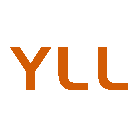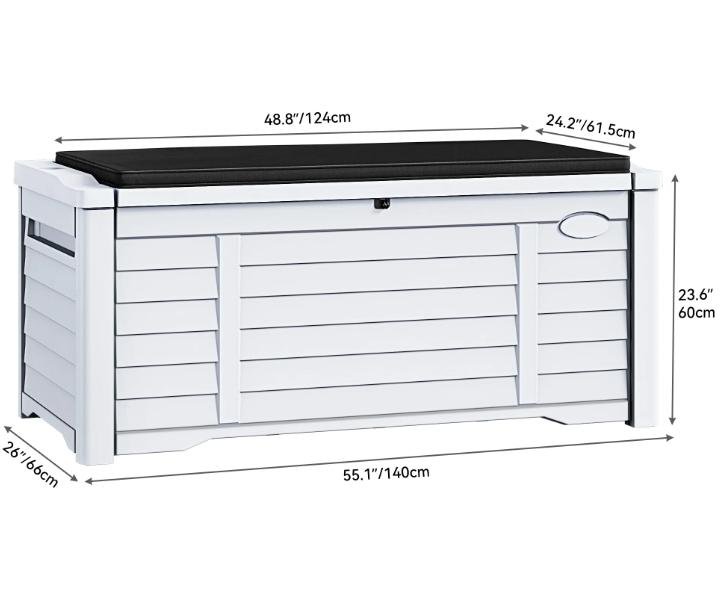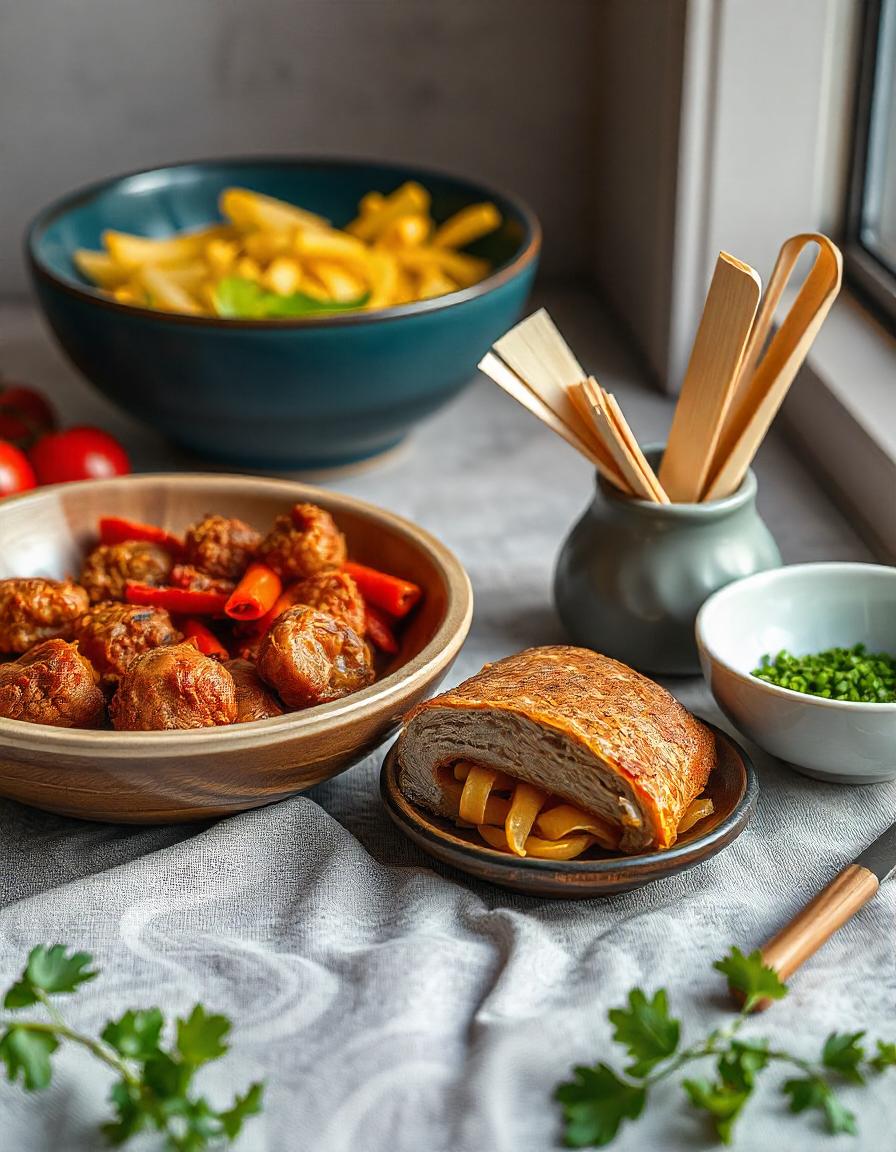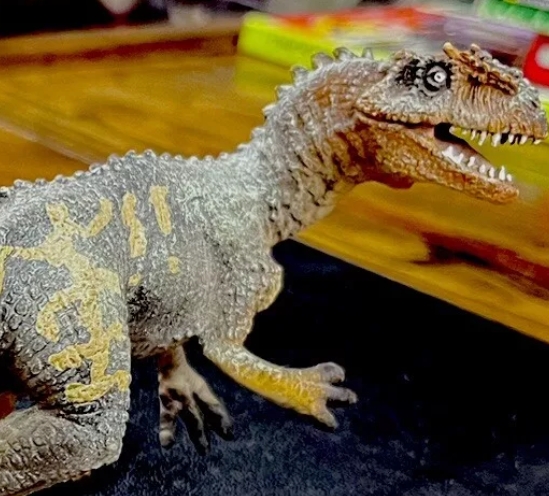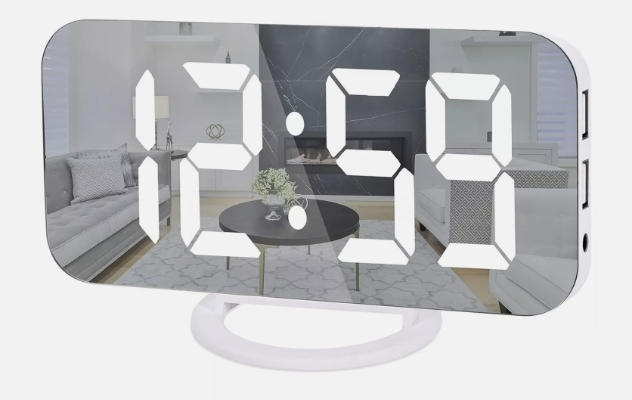Building blocks are one of the most fundamental and versatile toys available for young children. These simple yet effective tools provide a wealth of developmental benefits that contribute to a child's cognitive, physical, and social growth.
Cognitively, building blocks encourage problem-solving and critical thinking. When children manipulate blocks to create structures, they engage in spatial reasoning, which helps them understand concepts of balance, gravity, and symmetry. This hands-on engagement lays a strong foundation for mathematical skills, as they learn to count, compare sizes, and recognize shapes. The open-ended nature of block play fosters creativity and imagination, allowing children to envision and construct their ideas without predetermined outcomes.
Physically, building blocks enhance fine motor skills and hand-eye coordination. As children grasp, stack, and align the blocks, they develop dexterity and control over their movements. This physical engagement is crucial for their overall motor development and can positively impact activities like writing and drawing later on.
Socially, block play promotes collaboration and communication. Children often build together, which encourages sharing, negotiation, and teamwork. These interactions help them learn to express their thoughts, listen to others, and resolve conflicts in a constructive manner.
Incorporating building blocks into playtime is an investment in a child's future. Not only do these toys entertain, but they also serve as powerful tools for learning and development, making them a staple in homes and early education settings alike. As children stack, create, and explore with building blocks, they're not just playing; they're building the skills necessary for lifelong learning and success
